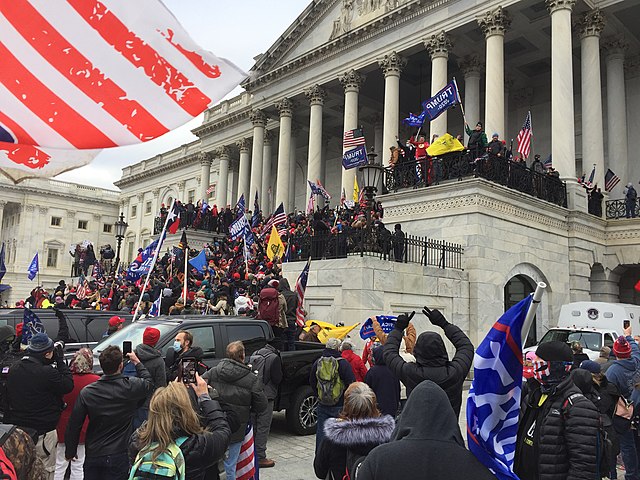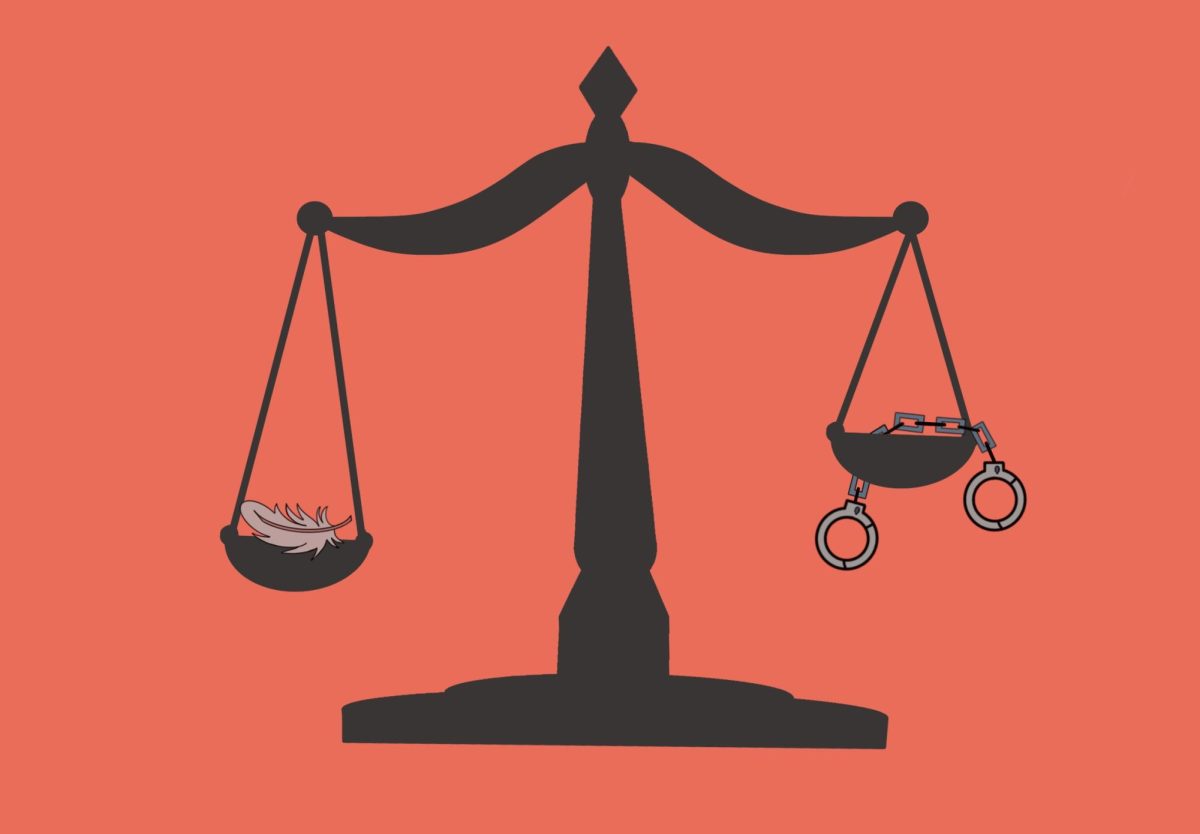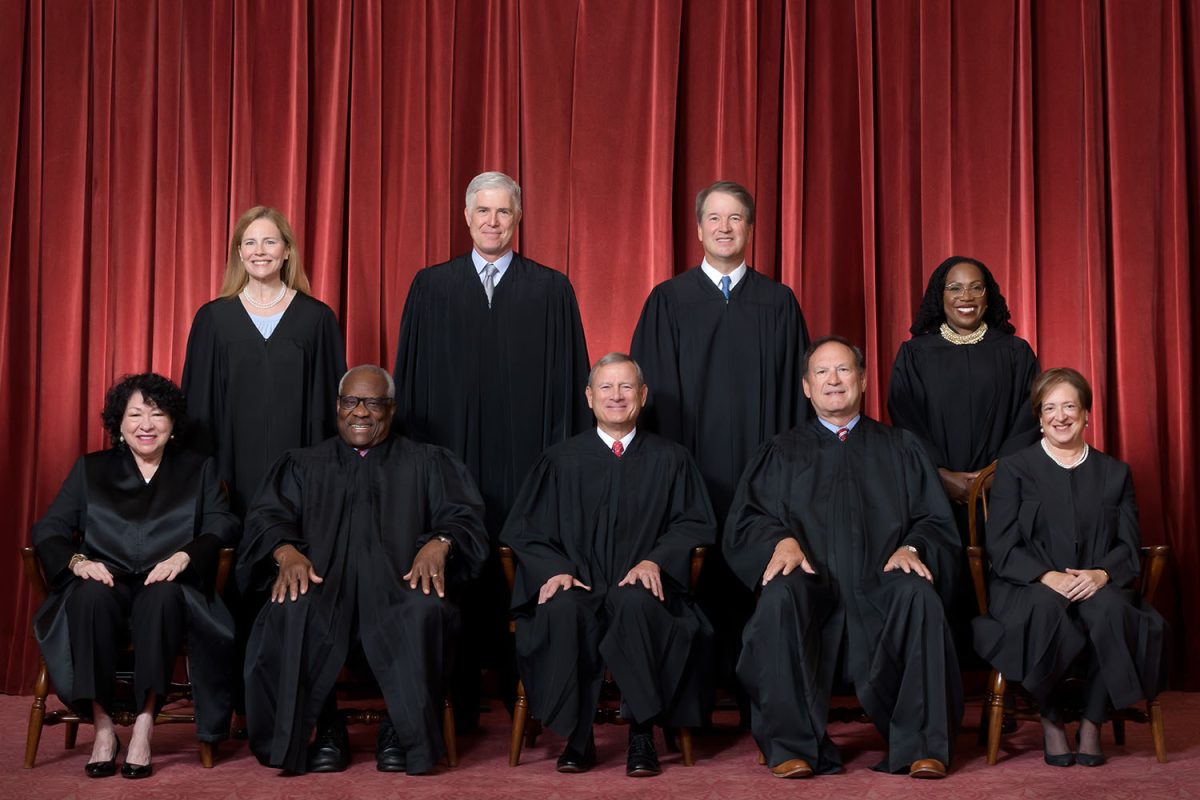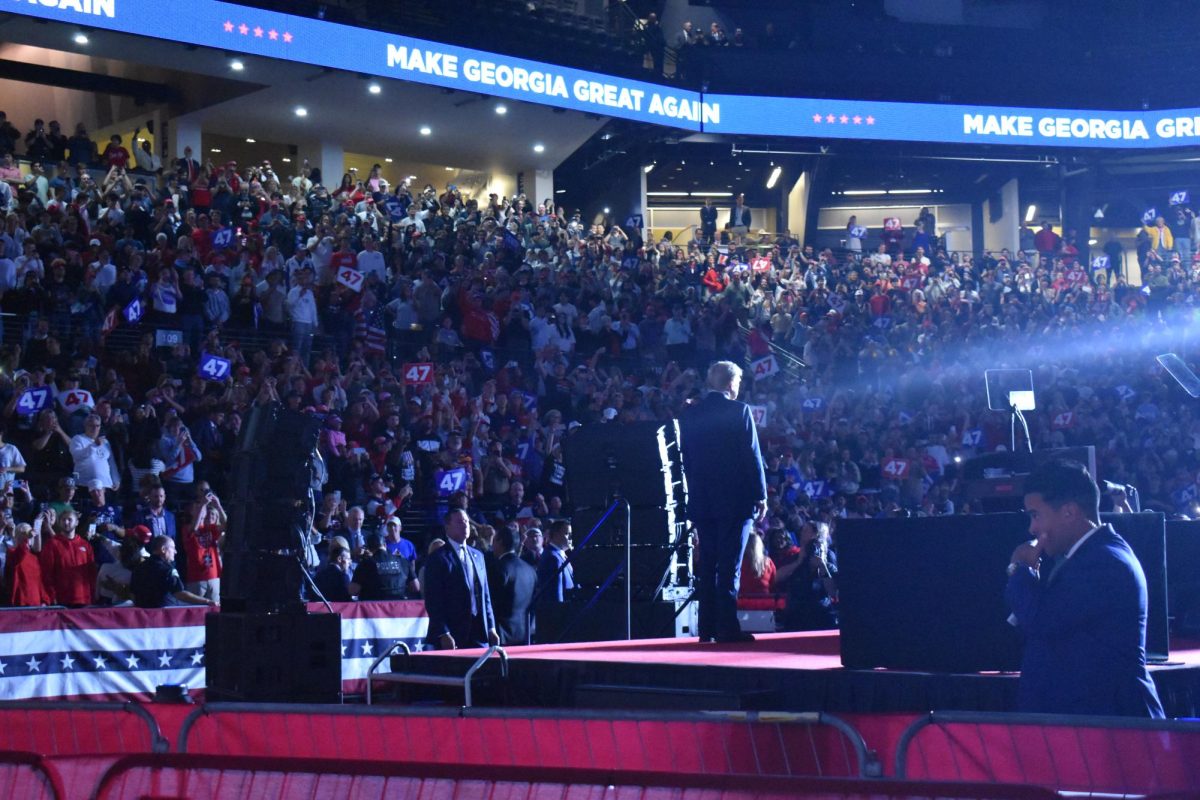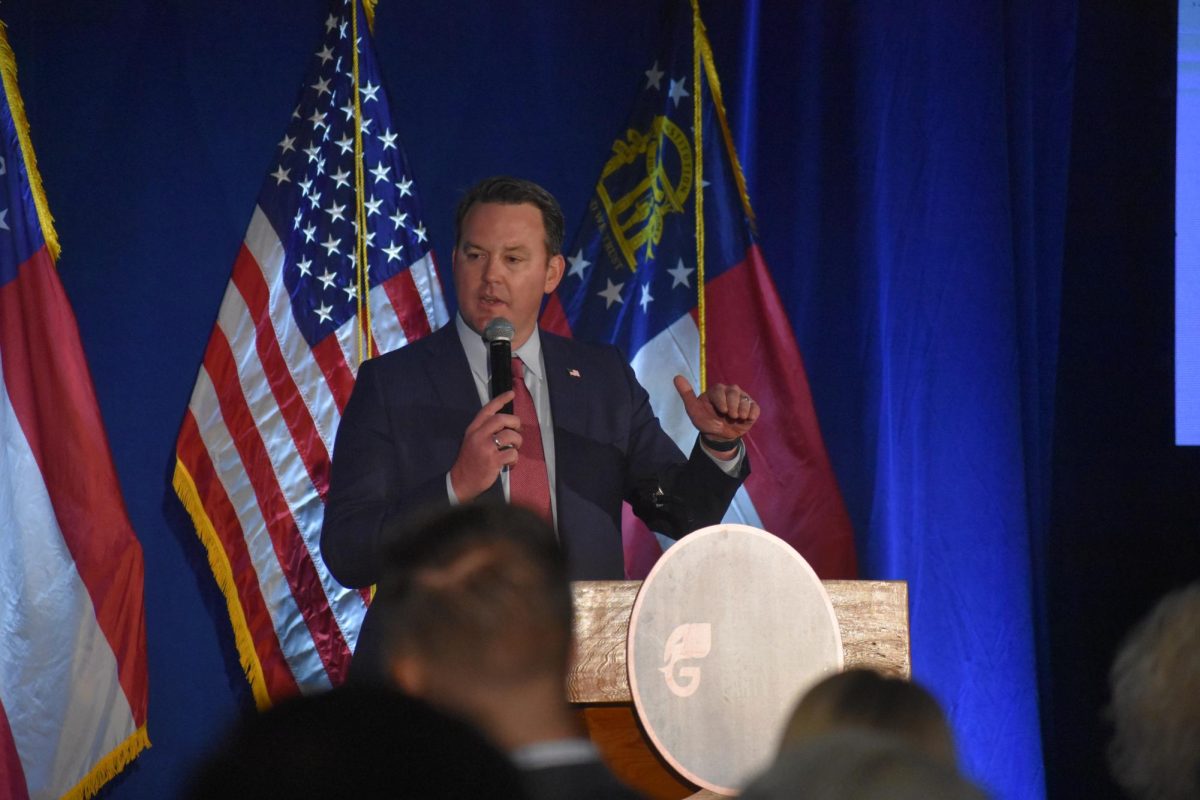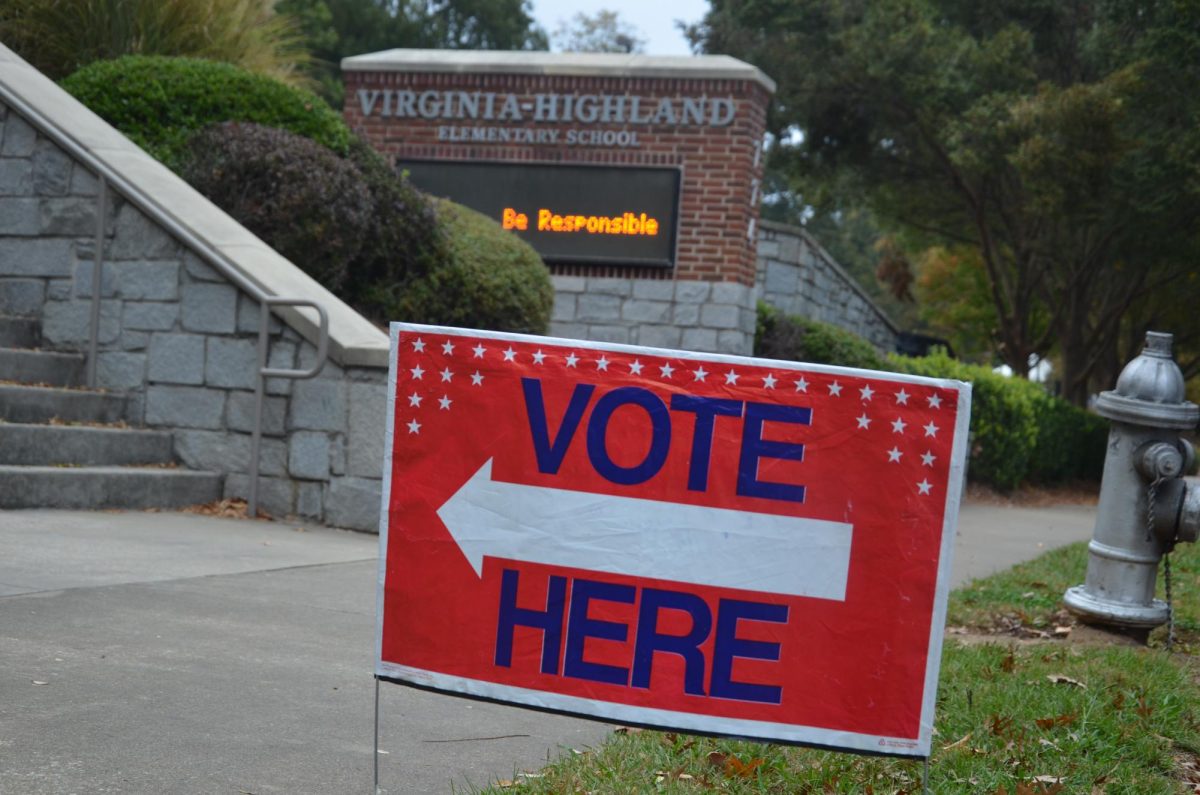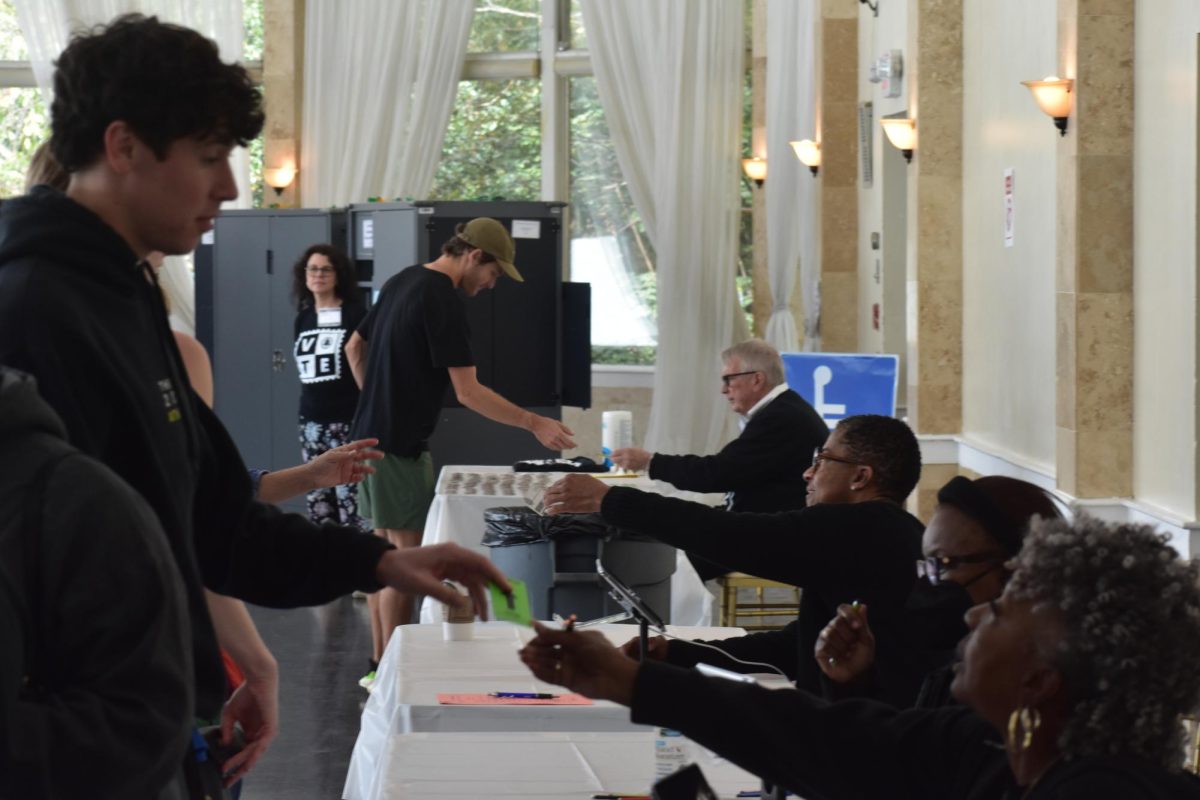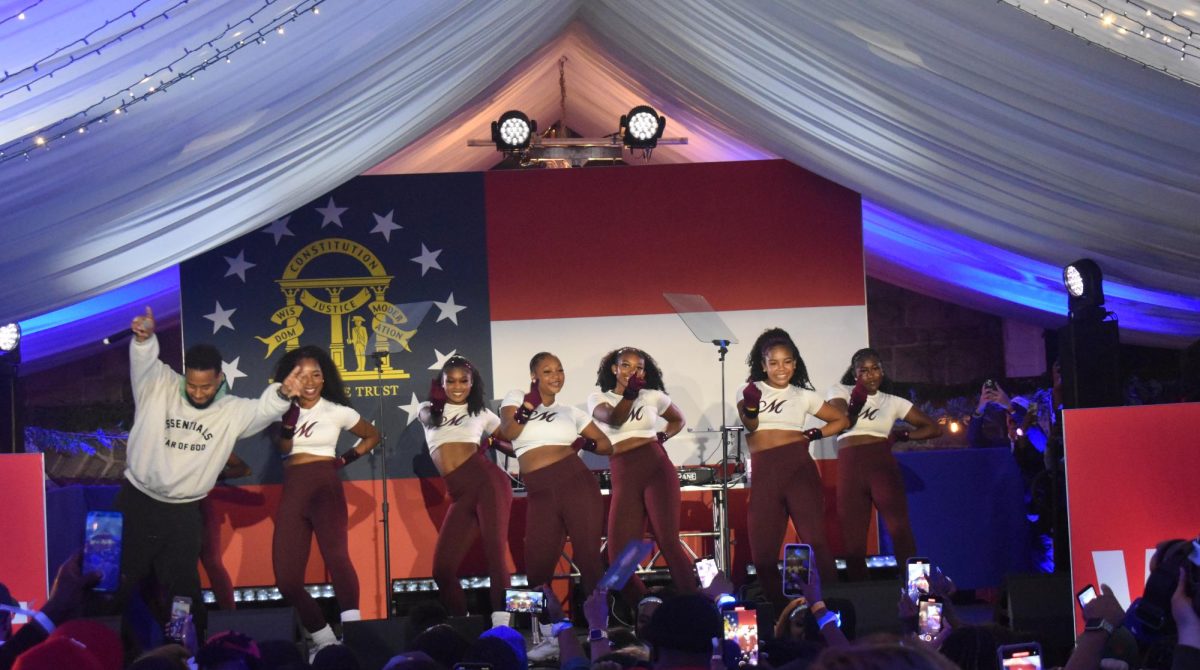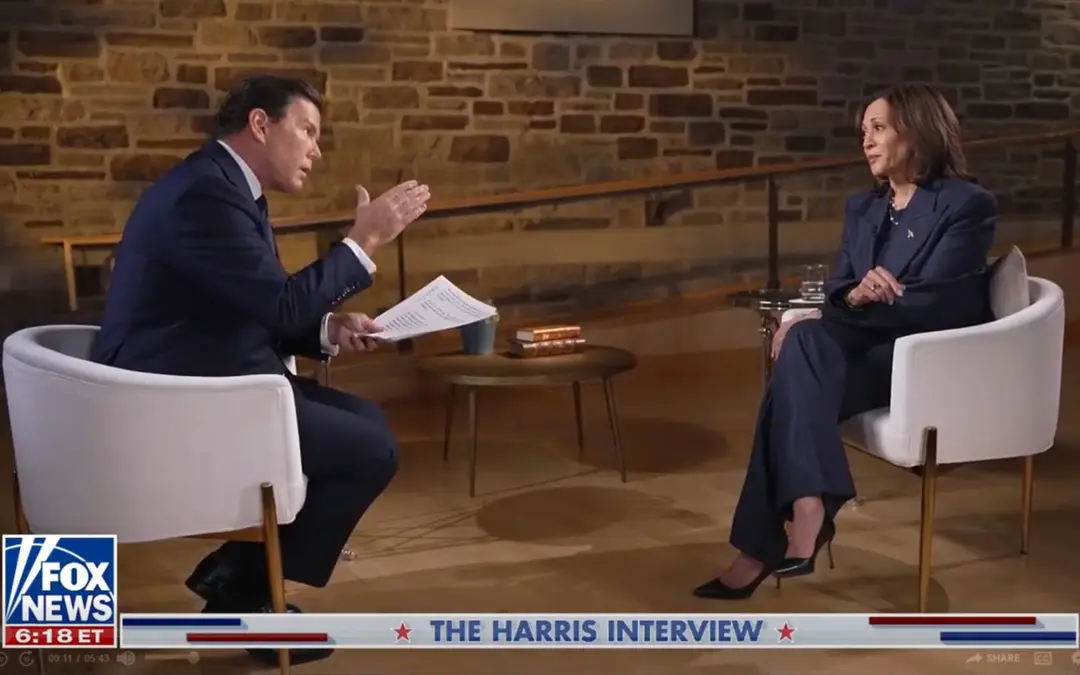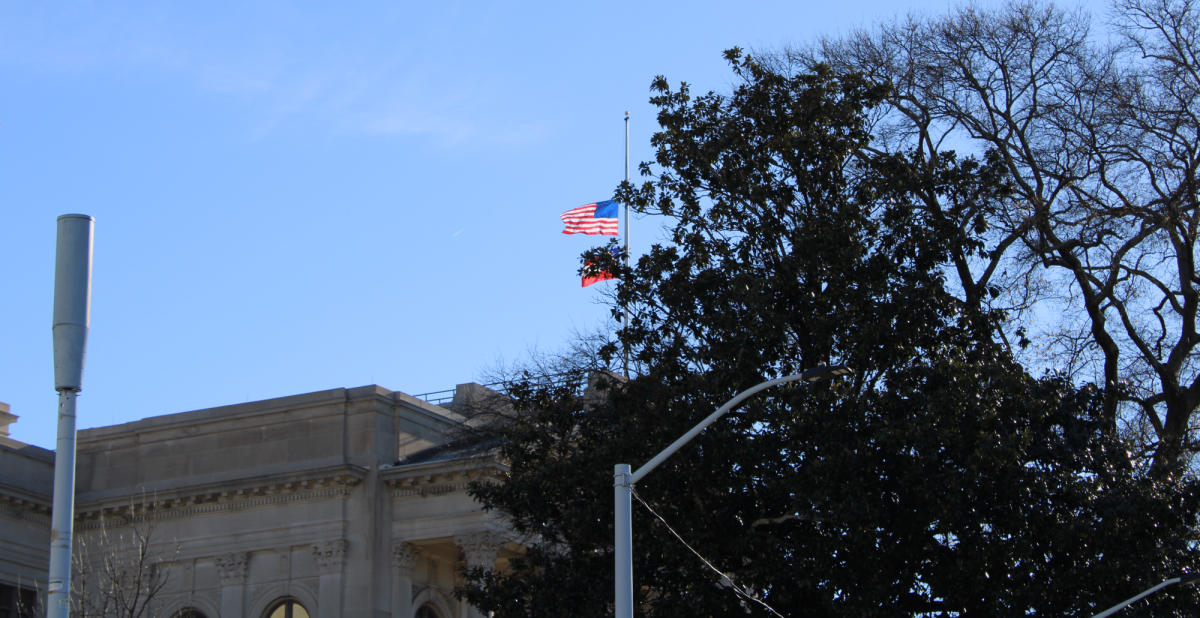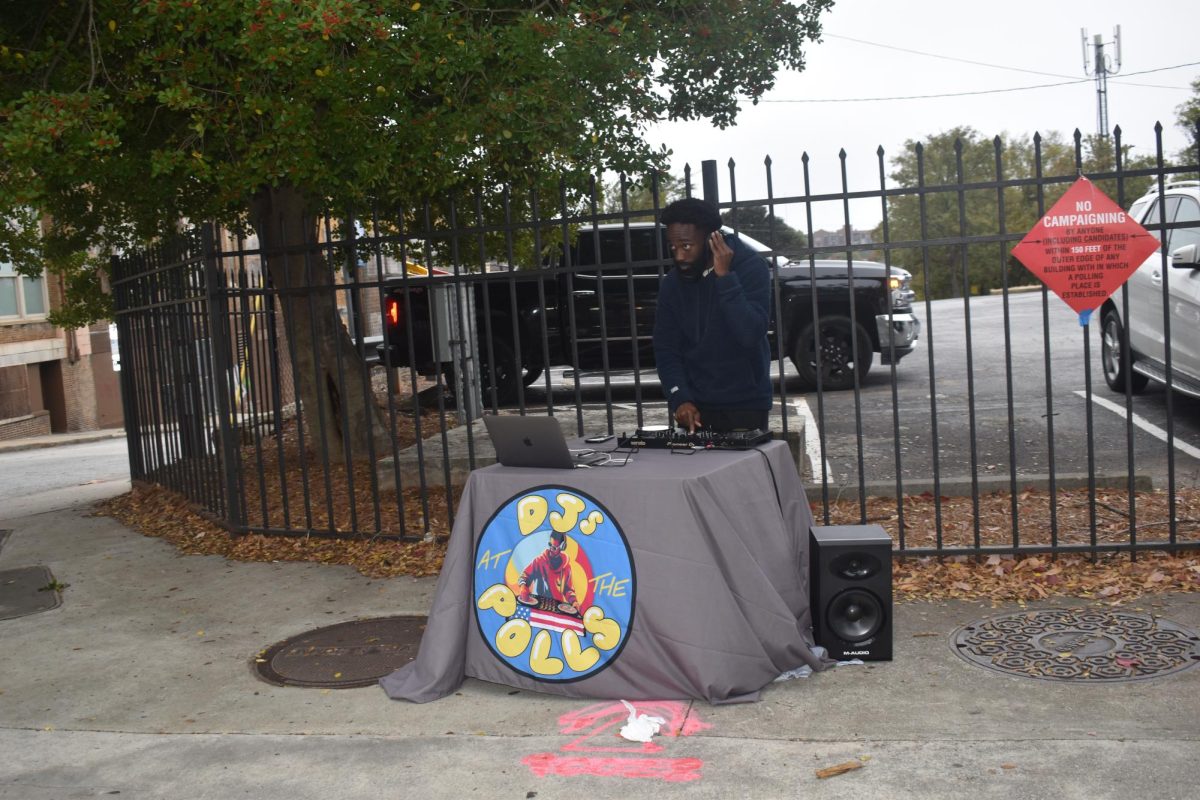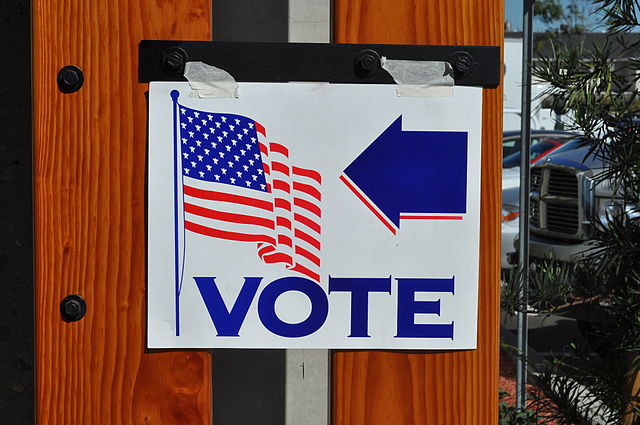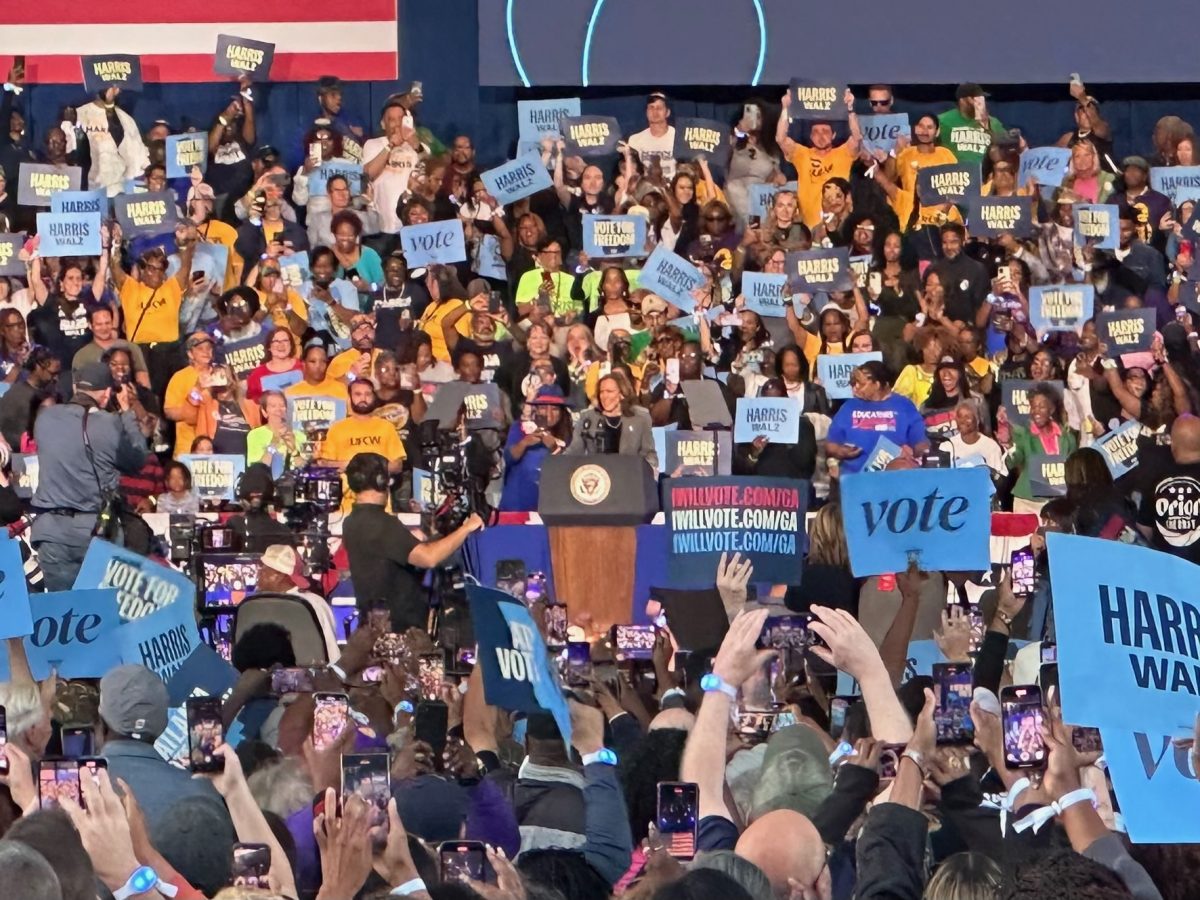
Democracy has served as a key pillar of the United States since its founding. However, with the upcoming election, several factors stand to threaten a peaceful and fair transfer of power.
Following the 2020 election, Former President Donald Trump incited a violent insurrection on Jan. 6, 2021 as thousands of extreme Trump supporters rioted and breached the Capitol in hopes of overturning the results of the election. This dark day for American politics foreshadows a very possible outcome of the 2024 election: an outcome in which a dangerous, authoritarian character has the ability to instigate terror and hatred amidst an extremely polarized political environment.
Trump has already hinted at the transfer of power to not be fair, as he recently said, “in four years, you don’t have to vote again. We’ll have it fixed so good, you’re not gonna have to vote.” This quote warns of the threat Trump represents to democracy in the future, showing that he will maintain an authoritarian stance in order to hold on to power as long as possible.
On top of this, Trump has shown no regret or remorse for the events on Jan. 6th, proving that he would not hesitate to repeat his actions in this election if he does not win. For example, Trump has defended the rioters who stormed the Capitol on Jan. 6th multiple times, promising to “absolutely” consider pardoning them once elected president. As the former president never admitted to his attack on American democracy, it is clear that he does not acknowledge the importance of a peaceful transfer of power and will not think twice about repeating the actions taken on Jan. 6th.
By maintaining these stances, Trump demonstrates that he is truly a threat to American democracy. His rhetoric that justifies the Jan. 6 insurrection and suggests another possible insurrection in the future proves that he serves as an outlet for enmity and injustice, and would support a violent, brutal takeover of the election if it does not go in his favor. However, if Trump wins in November, his views caution an anti-democratic presidency that distills hate and corruption among American society.
Further, the probability of a contested transfer of power is exacerbated in this election because of the increasing political polarization in the U.S. According to a study by Vanderbilt University, the U.S. has continued to grow more divided, with a 3-point decrease on a 100-point scale measuring political unity between 2022 and 2023.
Americans have grown more and more divided during the current campaigns because of Trump’s proliferation of hate and hostility in politics. By attacking his opponents with sexist, racist, misogynistic and personal remarks, Trump has normalized uncivil and unhealthy politics, furthering feelings of resentment between parties.
The hostile environment created under Trump’s influence directly led to a political and societal divide that was, in-part, the cause of Jan. 6. By inducing detestation between parties, extreme Trump supporters then turned to violence and terror rather than peaceful protests and advocacy to voice their political opinions. Maintaining this political culture of hatred in the U.S. presents many dangers to democracy in the future and risks another possible insurrection. According to a study by the Carnegie Endowment for International Peace, 26 out of 52 countries experiencing political polarization saw a direct reduction in their democratic rating.
Since the parties became so divided, Republican voters have been pushed to accept Trumps’ extreme political views. According to a poll by The Economist/YouGov, the percentage of Republicans in support of a president having legal immunity for any action has increased from 36% in January 2024 to 47% currently. This data underscores the extent to which Trump’s rhetoric and beliefs have inspired a spread of extreme ideology that threatens the stability of democracy in the U.S.
More alarmingly, there has been an influx in radical opinions concerning the Jan. 6 insurrection, reflecting Trump’s irresponsible perspective regarding attacks on democracy. Polls show that when Trump first introduced the idea of pardoning the Jan. 6 rioters, one-third of Republicans showed their support. However, over the years, the number has grown to 55% of Republicans supporting the pardoning of “most” Jan. 6 rioters in 2024. This data represents a dangerous atmosphere for American politics: one in which Trump’s beliefs have influenced millions of Americans to undervalue the importance of democracy and peace.
With the combination of Trump’s anti-democratic rhetoric, political polarization and extremism, democracy is on the table for this election. By neglecting the importance of a peaceful and fair transfer of power, a situation similar to Jan. 6 could emerge in which extremists incite violence to overturn the election.
The recent crisis in Venezuela paints a picture for what a weakening of democracy could look like in the upcoming American election. Following the Venezuelan election in July,, in which candidate Edmundo Gonzalez won, Nicolas Maduro unfairly took power for himself. This spiked nationwide protests and unrest and worsened tensions and regional instability. With an insurrection or any other type of attack on democracy in this upcoming election, the U.S. could experience national turmoil similar to that in Venezuela, thus showing why a return to normalcy in American politics and an increase in understanding of the issue is needed.
In the upcoming election, several factors risk causing a backslide in American democracy. From Trump’s authoritarian views to heightened polarization and extremism, the principle foundations of the U.S are under threat. In order to prevent another violent insurrection in the future, voters need to turn away from Trump’s policy for hate and tyranny and instead devote their support towards peace and justice. By growing awareness and staying informed, America has the potential to reinstitute the values of integrity and democracy within politics.

